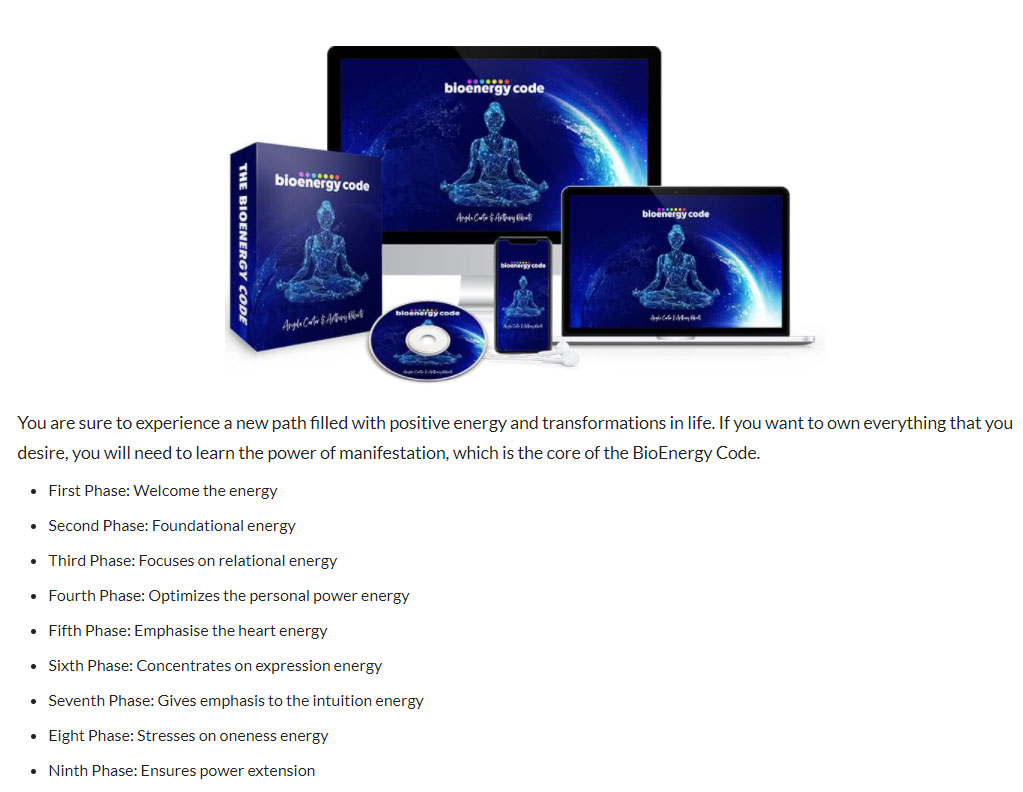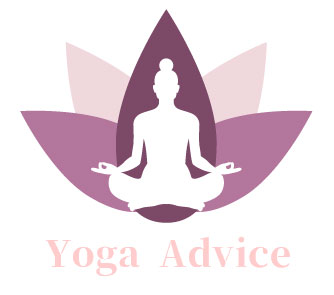Stay Zen
No matter what the situation, sometimes we can't keep up. An inappropriate remark, files piling up at the office, children arguing... it's the last straw that overflows your already full vase. It's impossible to imagine remaining Zen in all circumstances, as tensions accumulate on a daily basis. And yet it would be very useful to you! But then, how can you stay Zen?
Learn some keys and tips to stay calm throughout your day in this article.
Controlling your emotions helps you stay Zen
The primary goal is not to be overwhelmed by your emotions. Our daily life is punctuated by more or less stressful moments, or even more or less planned. The goal is to cope with them without it getting us out of control. It is therefore necessary to learn to measure and control our emotions, but also our reactions, to control ourselves in front of a given situation, and not to collapse when an obstacle stands in our way.
An example: you are at breakfast, your cat has just broken your favorite mug and your children have been screaming for 10 minutes... although it is tempting to express all your anger, the solution would be not to scream at your turn.
Breathing can help: breathe in slowly by inflating your belly and breathe out just as slowly by tucking your belly in. As you do this exercise, think about the situation and what you could do to confront and resolve your problem. This exercise can be a great help in bringing you back to a gentle calmness.
Most of the time we don't pay enough attention to our breathing, and the way we breathe only increases our stress. Scientific studies have shown that breathing in increases the production of adrenaline (stress hormone), which in turn increases heart rate and blood pressure. While exhalation promotes the production of acetylcholine, which will decrease these two parameters.
Most of the time, our inhalation phase is much longer than the exhalation phase. Sometimes breathing can even be blocked in the inspiratory phase during a moment of tension and stress. A good exercise is therefore to exhale deeply in order to lower our heart rate and blood pressure.
In stressful times, take 5 minutes in a day to breathe in, exhaling as long as possible. You will find that you will feel better afterwards and your body will be more relaxed. Once your emotions are under control, you will be better able to respond coherently to a given situation and solve your problem.
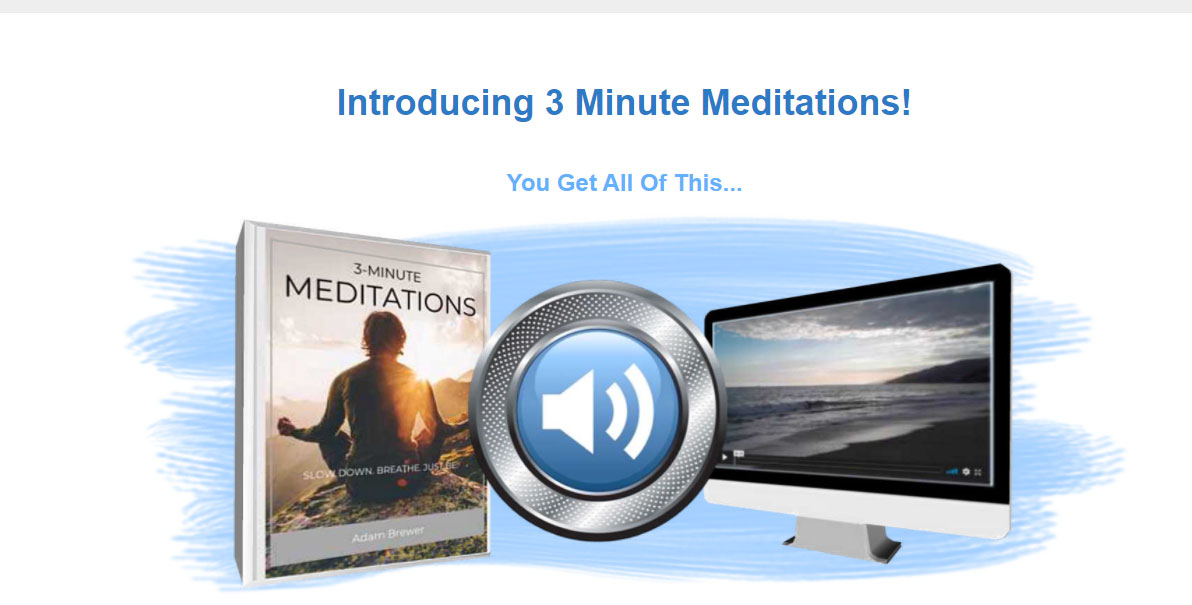
View what you want
Human beings imagine all day long what might happen in the future, whether near or far. Thus, we spend an enormous amount of time imagining what could happen in the negative, in order to always prepare ourselves for the worst and to be better prepared for it.
Be aware that the majority of people with a negative discourse will be more inclined to experience situations of failure or family problems, etc. On the contrary, happy people, with positive discourse, live most of the time what they want. The overall attitude therefore plays an important role.
Instead of thinking about what you don't want or the misfortunes that could happen to you: "I'm afraid of getting sick"; "I'm going to fail the exam", think about what you want: "I'm going to make it"; "everything is going to be fine".
So, before every stressful situation, think about what you want at the end of the day: the recruiter congratulating you warmly because you are hired, your graduation, etc. Rather than spending time and energy imagining negative situations, use it instead to think about positive situations and put all the chances on your side. In addition, you will greatly reduce your stress.
Eat better
To reduce stress, eating better can also be a solution. First of all, think about making healthy, balanced meals that are rich in vitamins and other essential elements. If the body feels better, then your mind will be more soothed.
In addition to meals, you can have snacks during the day. One in the morning around 10 am and another around 4 pm in the afternoon. Why not take some oilseeds (hazelnuts, almonds...) with a little chocolate and a piece of fruit? This way you fill up on vitamins and magnesium, two effective allies in the fight against daily stress.
Another thing, avoid coffee as much as possible. We tend to believe that coffee increases energy tenfold, but beyond a certain limit it becomes harmful to the body and greatly increases stress. Above three to five cups, coffee becomes a source of anxiety. Instead, take herbal teas, which will give you a certain dynamism, but without stressing you out. Choose herbal teas that contain ginger, cinnamon or cloves.
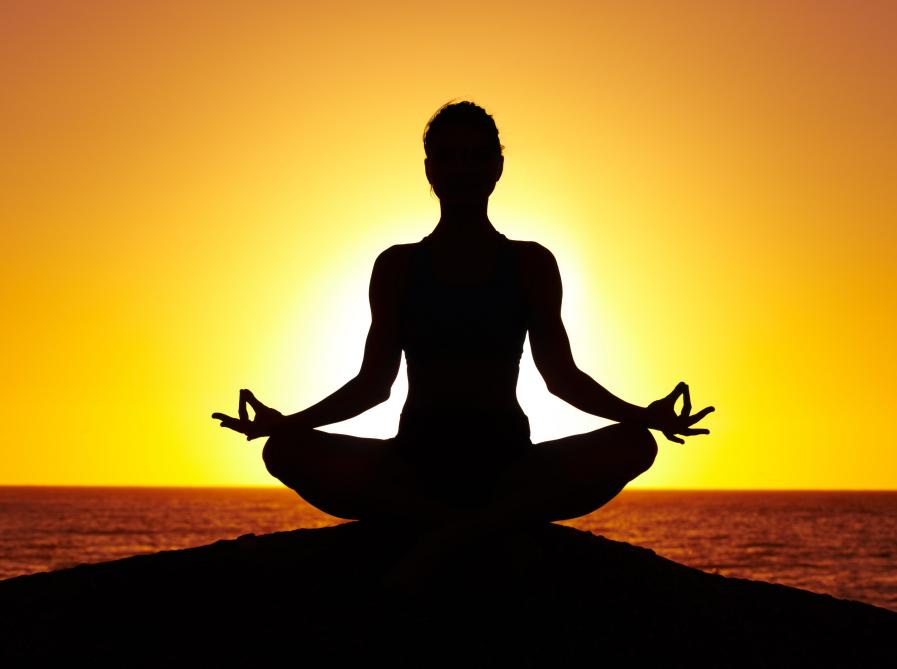
Essential oils help to calm
To reach a state of zenitude, you can use essential oils. They are natural remedies that can cure many ailments, including calming nervousness, anxiety, tension ... Several methods of administration exist: oral, dermal, or inhalation.
An essential oil corresponds to an extract of essence contained in different parts of a plant. It contains several active ingredients, which are obtained either by distillation, extraction, or a cold pressing process. The active ingredients therefore have therapeutic properties and are used in aromatherapy to treat various ailments.
Concerning essential oils that contribute to soothing, comforting: stress reduction, or to letting go, we can mention: essential oil of orange, lavender, neroli, marjoram, etc.. To calm nervousness, but also to sleep well, we can use: essential oil of geranium, orange or tangerine. And finally, for anxiety: a few drops of essential oil of chamomile, or rosewood.
Of course, it is necessary to choose the right one, the one that will actively fight against stress. You can make a mixture of oils.
The practice of yoga to stay Zen
Different techniques help to stay Zen, and yoga can be interesting to practice. It helps to rejuvenate the body and mind.
Born in India thousands of years ago, yoga involves several physical and breathing exercises combined with meditation. The goal is to maintain a healthy body and mind, while promoting general relaxation.
The practice of these exercises would allow us to find a pleasant relaxation, to let go, and to free our body from the harmful tensions that have accumulated. In addition to these benefits, the exercises also help tone and strengthen muscles, while making the entire body more supple. Finally, on the mental level, yoga allows us to refocus on the essential, to remain Zen in all circumstances and to eliminate parasitic thoughts. With this ancestral practice, you will rediscover the joy of living.
Yoga will improve your breathing capacity in times of stress by teaching you to breathe and especially to breathe out deeply to regain serenity. You will also strengthen your concentration, through balance exercises that require you to channel all your attention so as not to fall, but also your self-confidence, by progressing step by step.
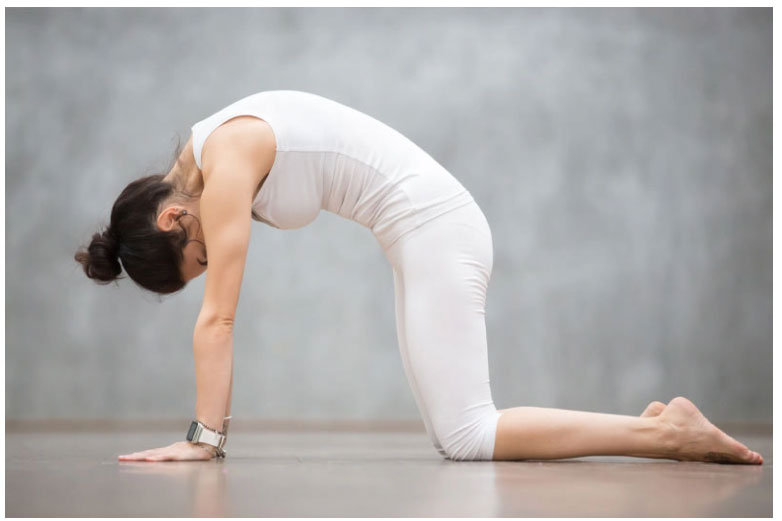
Cardiac coherence
Cardiac coherence is a state of balance and fullness in all respects. It can be physical, mental, physiological or emotional. It is a non spontaneous state of the human body that can be achieved through simple practices.
Cardiac coherence induces many beneficial effects, both physiological and mental, here are a few examples:
• Reduction of stress and therefore the fact of staying Zen
• Increased energy and resilience
• Greater mental clarity, better decision making
• Impression of taking distance and letting go
• Increased intellectual and creative abilities
• Increase in emotional balance
• Improvement of listening capacity, quality of presence
• Reduction of cortisol (the stress hormone)
• Increase in the level of DHEA (the youth hormone)
• Cholesterol reduction
• Reduction of hypertension
• Diabetes improvement
• Better weight management
• Increase in alpha brain waves (learning, memorization)
To be effective, cardiac coherence must be practiced regularly, at least three times a day. In this way, it will induce beneficial changes in the longer or shorter term. Several methods exist, however to get started it is useful to start with something simple. So start by using breathing.
You can use the 365 rule: 3 times a day (because the effects of cardiac coherence only last 3 to 6 hours); 6 breaths per minute; for 5 minutes. At the beginning this is not obvious, so it is advisable to be guided in your first steps. You can use a watch or a timer for 5 minutes. The goal is to have 30 breaths in 5 minutes (breathing in = inhalation + exhalation). Applications for smartphones also exist, and seem more fun.
How does it work?
Two nervous systems regulate and operate our body. These are the somatic system (voluntary act) and the autonomic system (autonomous regulation). The heart plays a central role in the autonomic nervous system, and cardiac variability (the ability of the heart to speed up or slow down) is an indicator of our health status. Thus, the greater the variability, the better the balance of our health.
The autonomic system consists of the sympathetic and parasympathetic systems. The sympathetic system promotes lively actions, necessary for combat for example, and accelerates the heart rate. The parasympathetic system allows us to return to calm, to relax, etc. The best thing is to have a balance between the sympathetic and the parasympathetic.
Problem: Inhaling stimulates the sympathetic system, and exhaling stimulates the parasympathetic. However, as we saw at the beginning of this article, inspiration is much more frequent and much longer than expiration. The sympathetic system is therefore over-stimulated and we relax only very little.
Cardiac coherence can therefore be useful to control one's autonomic nervous system and thus achieve physiological balance. The best balance breathing is the one we have seen: five seconds on inhalation, five seconds on exhalation, or six breaths per minute.
With this breathing, scientifically proven, you are almost certain to reach a state of balance. Although other exercises exist, this one is the best because it is specific to the human being.
Feng Shui
Feng Shui is a millennial art seeking environmental harmony of a place in order to promote the health, well-being and prosperity of its inhabitants. It is based on the two energies Yin and Yang. Within our living space, each room can be assimilated to Yin or Yang depending on its activity. Yin and Yang must be in agreement and in balance to ensure a good circulation of IQ (chi) energy within the house. The chi energy must find a harmonious environment during its circulation. If the Yin and Yang are out of balance, this balance must be restored so as not to disturb and unbalance the chi in turn. Otherwise, the occupants of the house must expect to suffer from many ailments, including permanent stress or unexplained tension.
The rules of Feng Shui can be diverse and varied, for example :
- An obstructed door will prevent the free flow of chi energy. This obstacle can also lead to it in all areas of your life. The more welcoming the door is, the more energy will circulate in a beneficial way.
- Stairs must also be correctly placed. A staircase along a wall facing outside will not prevent chi energy from flowing through your home, but a central staircase will. This could result in financial losses, among other things.
- The kitchen should preferably be placed at the back of a house, rather than at the front visible from the entrance, so as not to prevent the flow of chi.
This practice can therefore help you stay Zen in all circumstances

Meditation
Meditate. This is a word we hear frequently these days. But this practice is not just about closing your eyes and breathing. Above all, it allows us to empty ourselves, to refocus on ourselves and to develop spiritually. We learn to know ourselves better and to listen to our bodies. In addition to its multiple benefits, meditation will have a positive and lasting impact on daily stress.
There are many ways to meditate, and we will give you an example with Zen meditation (also called zazen meditation). Zen meditation invites you to clear your mind.
Exercise: Sit in the lotus position or in a suit facing a wall. Preferably in a quiet place and on something comfortable (cushion or mat). The knees should be glued to the floor and the back should be straight. The shoulders are relaxed, chin tucked in and eyes half closed. The left hand is placed on the right hand, palms facing the sky. Breathe calmly and normally. Concentrate on your breathing movements. Do this for about 30 minutes to allow your mind to calm down completely.
Staying Zen in everyday life
As you've seen, there are many practices that exist to remain Zen in daily life. Their effectiveness will depend mainly on you and your willingness to calm yourself. To live better, to feel good in body and mind, it can be helpful to reduce stress levels.
And you, how do you relieve stress? Do you have any particular techniques?
